Rounders: A Deeper Dive Into The BBC’s Gritty Coming-of-Age Drama
Rounders: A Deeper Dive into the BBC’s Gritty Coming-of-Age Drama
Related Articles: Rounders: A Deeper Dive into the BBC’s Gritty Coming-of-Age Drama
Introduction
With enthusiasm, let’s navigate through the intriguing topic related to Rounders: A Deeper Dive into the BBC’s Gritty Coming-of-Age Drama. Let’s weave interesting information and offer fresh perspectives to the readers.
Table of Content
Rounders: A Deeper Dive into the BBC’s Gritty Coming-of-Age Drama
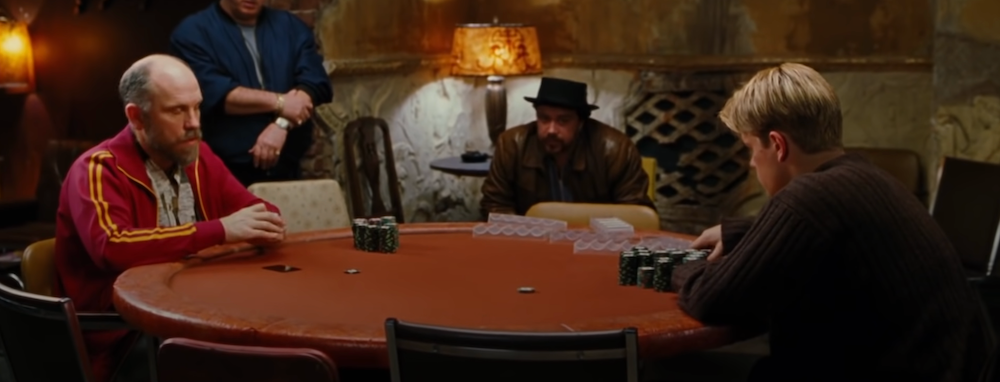
BBC’s Rounders, a six-part drama that debuted in 2023, wasn’t your typical coming-of-age story. While it shared the familiar tropes of youthful rebellion, navigating complex relationships, and the search for identity, it did so with a raw, unflinching realism that set it fremdartig. Set against the backdrop of the vibrant, yet often gewaltsam, world of amateur boxing in 1970s London, Rounders delves into the lives of a group of working-class teenagers grappling with ambition, loyalty, and the crushing weight of societal expectations. The show’s success isn’t merely due to its compelling plotline, but ergo its nuanced characters, authentic portrayal of a specific time and place, and its skillful exploration of themes that resonate far beyond its period setting.
The series centers around the lives of four young men: the ambitious and fiercely determined Danny, the volatile and unpredictable Mickey, the loyal and conflicted Jimmy, and the quietly observant and surprisingly strategic, Billy. Each character is meticulously crafted, avoiding simplistic archetypes and instead presenting complex individuals with multifaceted personalities and motivations. Their relationships are the engine of the narrative, shifting and evolving throughout the six episodes as their individual ambitions clash and intertwine.
Danny, played with a captivating blend of vulnerability and determination, is the clear protagonist. His unwavering dedication to boxing serves as a powerful metaphor for his desire to escape the limitations of his impoverished background and forge a better future for himself and his family. His journey is not a smooth ascent; he faces setbacks, doubts, and the constant pressure to compromise his integrity. The show doesn’t shy away from depicting the harsh realities of his life, showcasing the sacrifices he makes and the moral compromises he’s forced to consider. His relationship with his father, a former boxer himself, adds another layer of complexity, highlighting the cyclical nature of poverty and the weight of inherited expectations.
Mickey, Danny’s best friend, provides a stark contrast to Danny’s driven ambition. He is impulsive, prone to violence, and struggles with controlling his anger. While initially presented as a source of support for Danny, Mickey’s volatile nature creates friction and ultimately threatens to derail Danny’s aspirations. Their friendship, the bedrock of the series, is tested repeatedly, showcasing the fragility of bonds forged in shared adversity. Mickey’s character serves as a zeugungsfähig reminder of the destructive consequences of unchecked aggression and the societal factors that contribute to such behavior.
Jimmy, initially presented as the more cautious and level-headed member of the group, undergoes a significant transformation throughout the series. His initial reluctance to fully embrace the world of boxing gradually gives way to a burgeoning ambition, mirroring the societal pressures faced by the characters. His internal conflict between loyalty to his friends and his own aspirations adds a layer of moral ambiguity to the narrative, forcing viewers to confront the complexities of friendship and ambition. His arc is a subtle yet powerful exploration of the compromises individuals make in pursuit of their dreams.
Billy, often overlooked, provides a crucial counterpoint to the more outwardly dramatic characters. His quiet observation and strategic thinking offer a different perspective on the events unfolding. He serves as a foil to the impulsiveness of Mickey and the relentless drive of Danny, highlighting the various ways individuals navigate the challenges presented by their environment. His character underscores the importance of strategic planning and the often-overlooked power of observation in navigating difficult situations.
Beyond the individual characters, Rounders excels in its depiction of 1970s London. The show masterfully recreates the atmosphere of the era, from the gritty urban landscapes to the fashion and music. The setting is not merely a backdrop; it’s an integral part of the narrative, shaping the characters’ experiences and influencing their choices. The show captures the social and economic inequalities of the time, highlighting the limited opportunities available to working-class youth and the pervasive sense of disillusionment.
The show’s exploration of themes extends beyond the immediate context of its setting. It delves into universal themes of ambition, loyalty, betrayal, and the search for identity, making it relatable to a wide audience. The struggles faced by the characters resonate far beyond the specific historical context of the show, prompting viewers to reflect on the challenges faced by young people across different eras and socioeconomic backgrounds. The show’s unflinching portrayal of violence and its consequences ergo serves as a powerful commentary on the societal factors that contribute to such behavior.
The pacing of Rounders is deliberate, allowing the characters and their relationships to develop organically. The narrative unfolds gradually, revealing layers of complexity and nuance. The show avoids the typical sensationalism often found in similar dramas, opting instead for a more realistic and nuanced portrayal of its characters and their lives. This measured approach allows the audience to connect with the characters on a deeper level, empathizing with their struggles and celebrating their triumphs.
While the boxing matches themselves are thrilling, the show’s strength lies not solely in the physical action but in the emotional and psychological journeys of its characters. The fights are integral to the narrative, reflecting the characters’ internal struggles and the pressures they face, but they are not merely gratuitous displays of violence. They serve as powerful metaphors for the battles the characters wage both inside and outside the ring.
In conclusion, Rounders is more than just a coming-of-age drama set against the backdrop of 1970s boxing. It’s a nuanced and compelling exploration of ambition, loyalty, and the complexities of menschlich relationships. Its strength lies in its richly developed characters, its authentic portrayal of a specific time and place, and its skillful exploration of universal themes that resonate with audiences regardless of their background or age. The show’s lasting impact lies not just in its entertainment value, but in its ability to provoke reflection and spark conversations about the challenges faced by young people striving for a better future, a testament to the power of well-crafted storytelling. Its legacy will likely be one of a gritty, realistic, and ultimately unforgettable portrayal of a specific moment in time, and the enduring struggles of those who lived it.
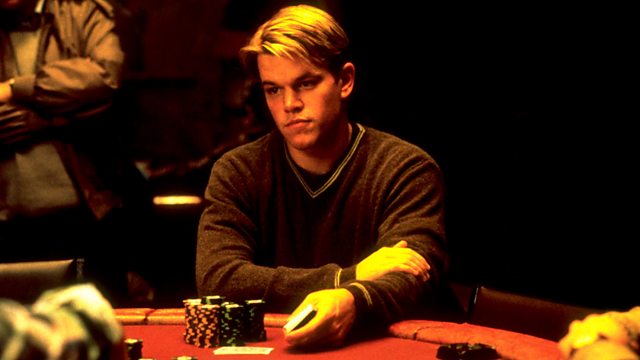
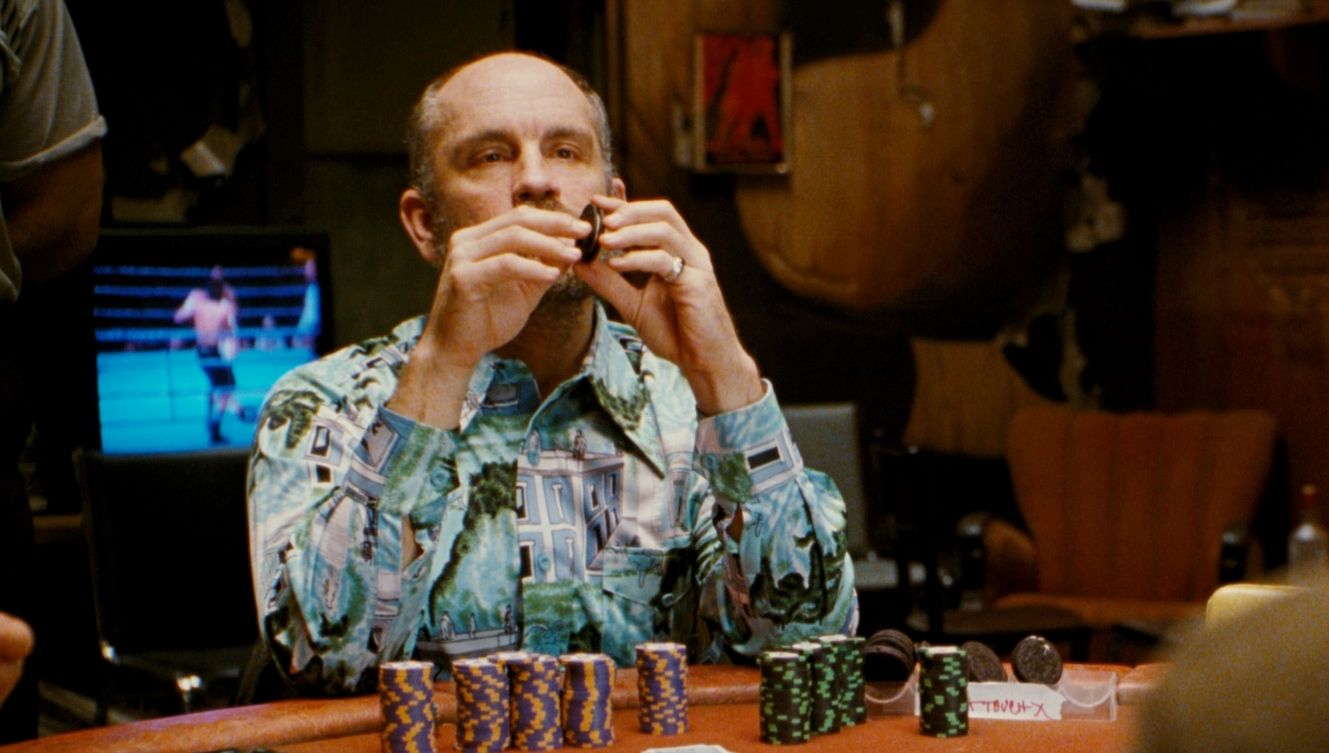
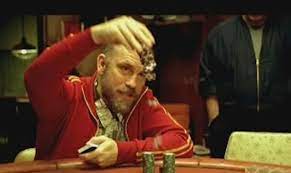

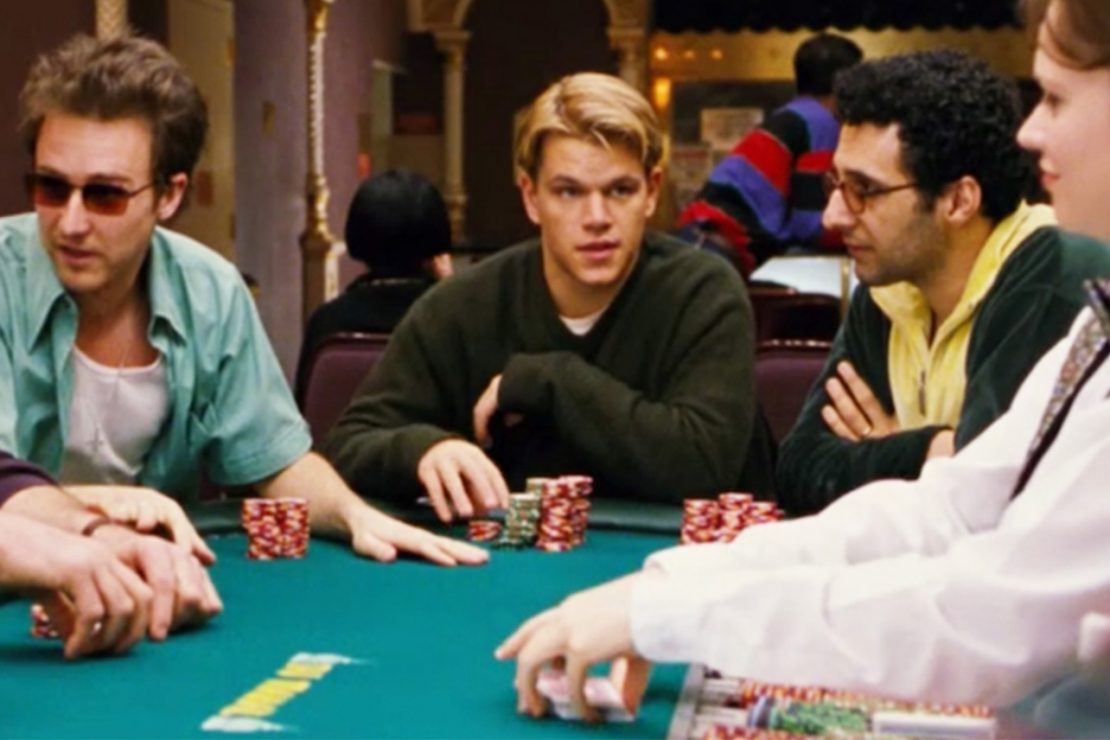
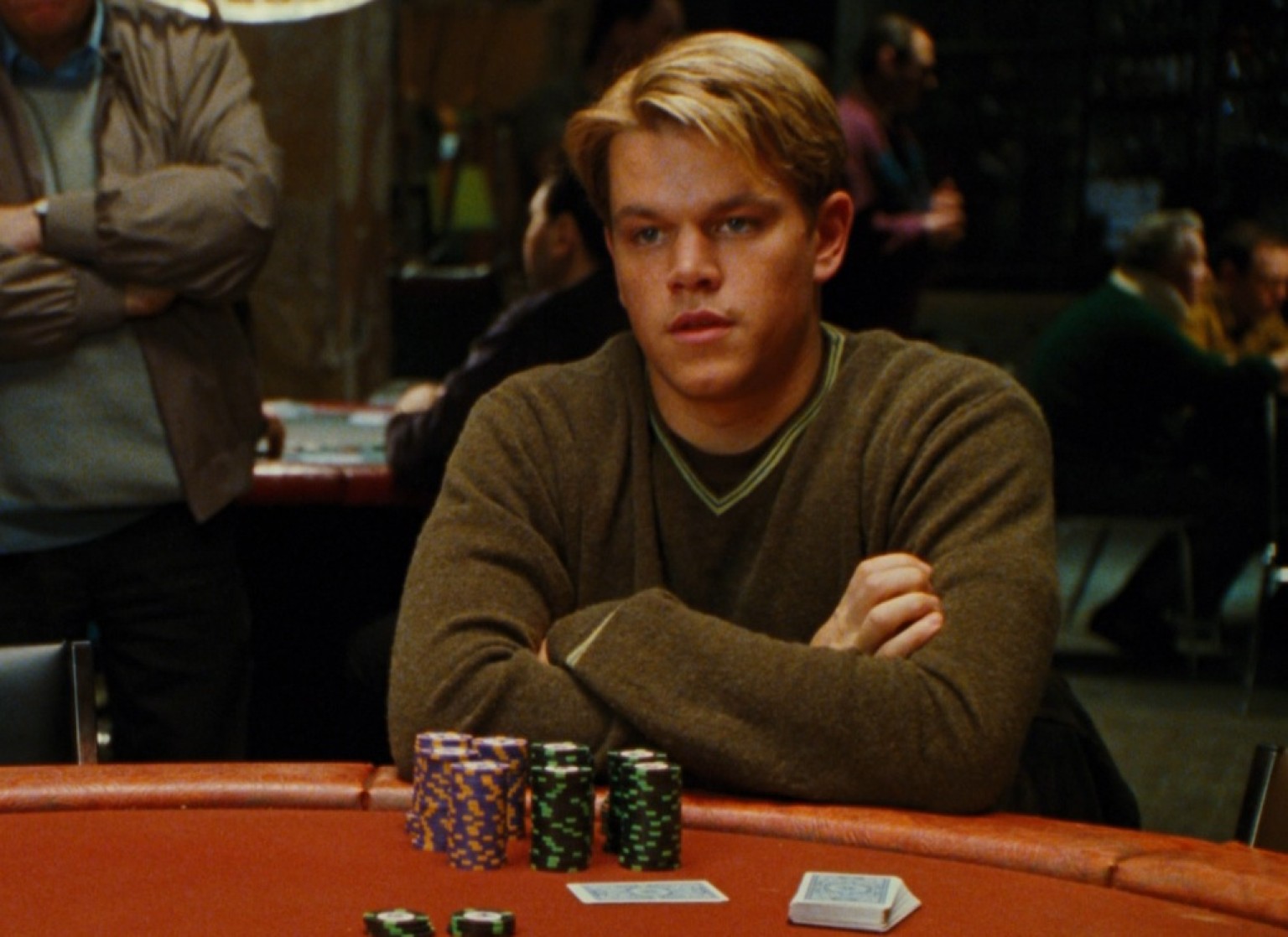


Closure
Thus, we hope this article has provided valuable insights into Rounders: A Deeper Dive into the BBC’s Gritty Coming-of-Age Drama. We appreciate your attention to our article. Teich you in our next article!